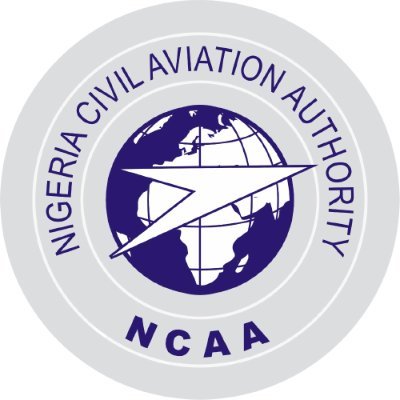
The Nigeria Civil Aviation Authority (NCAA) has dismissed recent claims made by Senator Orji Uzor Kalu alleging that Nigerian pilots operate under the influence of substances and that the Authority’s oversight system is inadequate.
In a statement issued on Thursday, and signed by the Director General, Capt. Chris Najomo, the NCAA said it “maintains a rigorous and internationally recognized system for certifying and monitoring the medical and professional fitness of all pilots operating in Nigeria.”
The Authority stated that no pilot is allowed to operate a Nigerian-registered aircraft without a valid licence and a current medical certificate, as required by the Nigeria Civil Aviation Regulations (Nig. CARs) Part 8.4.1.4. Holders of Commercial and Airline Transport Pilot Licences, it added, are required to possess a Class 1 Medical Certificate before being cleared to operate, in line with Nig. CARs 2.3.5.1 and 2.3.7.1.
“These medical certificates are issued only after comprehensive aero-medical evaluations by NCAA Authorized Aviation Medical Examiners (AAMEs) and approved by the Authority’s in-house aero-medical assessors,” the statement noted.
According to the NCAA, the medical evaluation covers cardiovascular, neurological, psychological, metabolic, respiratory, and visual assessments to ensure pilots are physically and mentally fit for flight duties. It also includes screening for psychoactive substance use, mental or behavioral disorders, and other physiological conditions that could impair performance.
The Authority explained that medical certificates are valid for 12 months for pilots under 40 years and six months for those aged 40 and above, after which new examinations must be conducted before renewal.
The NCAA also highlighted that Nig. CARs Part 8.5.1.5 “explicitly prohibits any crew member from acting as a flight crew member within eight hours after consuming alcohol, while under the influence of alcohol, or while using any psychoactive substance that could affect alertness, judgement, or performance.”
“In accordance with this regulation, NCAA carries out on-the-spot alcohol or drug testing when there is reasonable suspicion of intoxication,” it added, noting that the Authority also conducts random and unannounced tests, the results of which can be used as legal evidence.
Beyond medical checks, the Authority said its inspectors conduct daily ramp inspections at airports nationwide, verifying licences, medical certificates, and crew fitness for duty. “Any irregularity is immediately addressed, and appropriate enforcement action is taken in line with the Authority’s zero-tolerance policy for safety violations,” the statement read.
Citing a recent example, the NCAA said it suspended the licence of a ValueJet pilot in August 2025 for initiating departure procedures without proper clearance — a move that, according to the Authority, underscores its “uncompromising commitment to safety and discipline.”
The regulator further described as inaccurate the Senator’s assertion that pilots rely on automatic systems for take-off and landing. It clarified that while many modern aircraft feature autopilot and autoland systems, these functions do not replace pilot control. “Take-offs are entirely manual operations carried out by the flight crew,” the Authority stated.
It added that Nigeria currently has no airport certified for Category III (CAT III) operations, a requirement for fully automatic landings in low-visibility conditions, meaning all landings in Nigerian airspace are manually executed by pilots.
Reaffirming confidence in its oversight system, the NCAA said Nigeria has consistently met International Civil Aviation Organization (ICAO) audit requirements under the Universal Safety Oversight Audit Programme (USOAP), ranking among countries with effective safety supervision systems.
“The NCAA remains proud of its safety oversight record and the professionalism of Nigerian flight crew,” the statement emphasized. “The Authority continues to uphold the highest standards of safety through continuous inspections, random substance testing, enforcement actions, and strict adherence to ICAO provisions.”
Capt. Najomo stated that while the Authority “duly notes the concerns expressed by the Senator, they “do not reflect the factual state of regulatory practice in the Nigerian aviation sector.”
“The NCAA remains open to constructive engagement with the National Assembly and all stakeholders to strengthen the safety, security, integrity, and global reputation of Nigeria’s air transport industry,” he added.


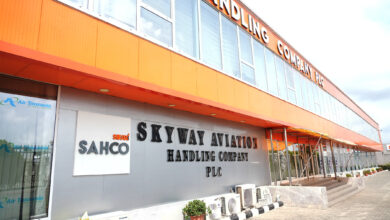
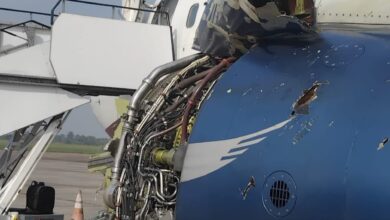
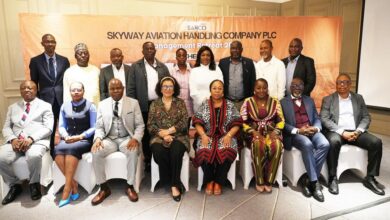
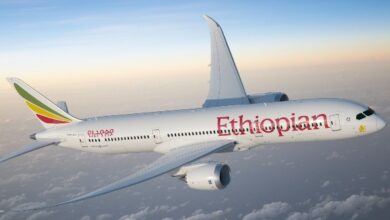
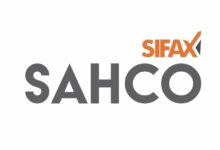
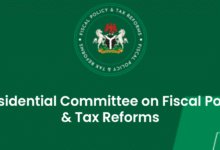
9x44m5